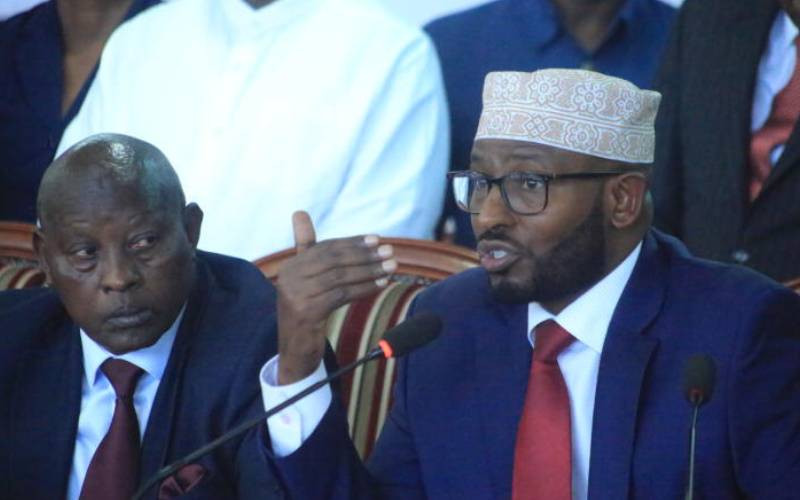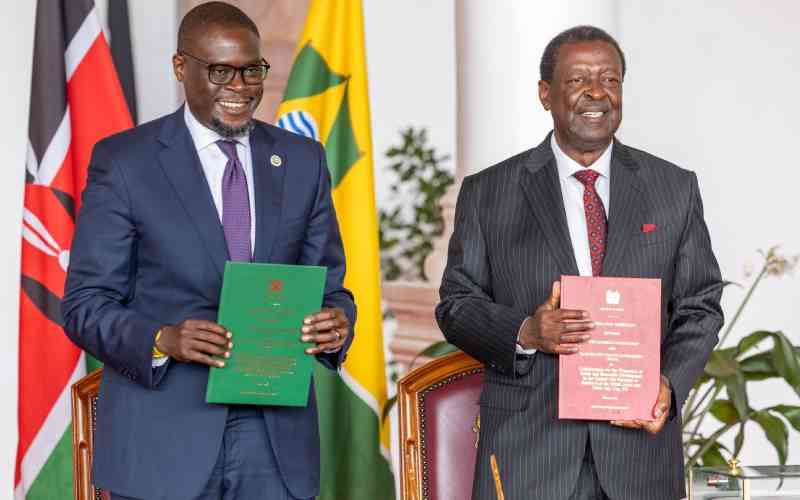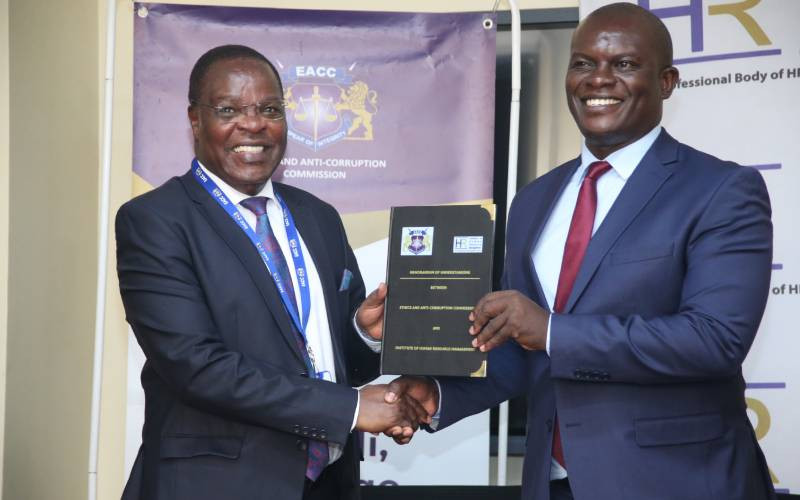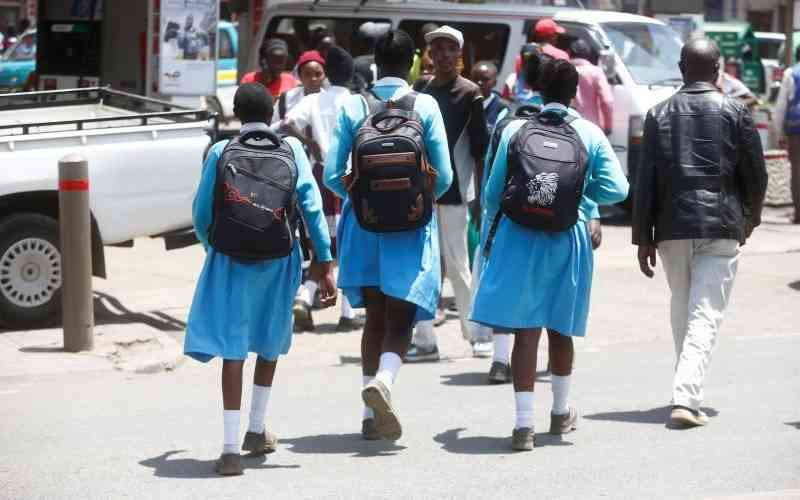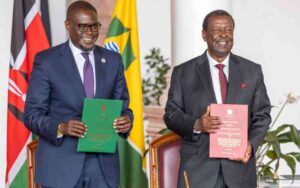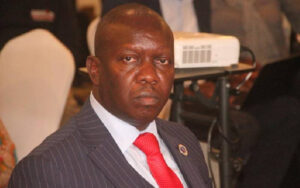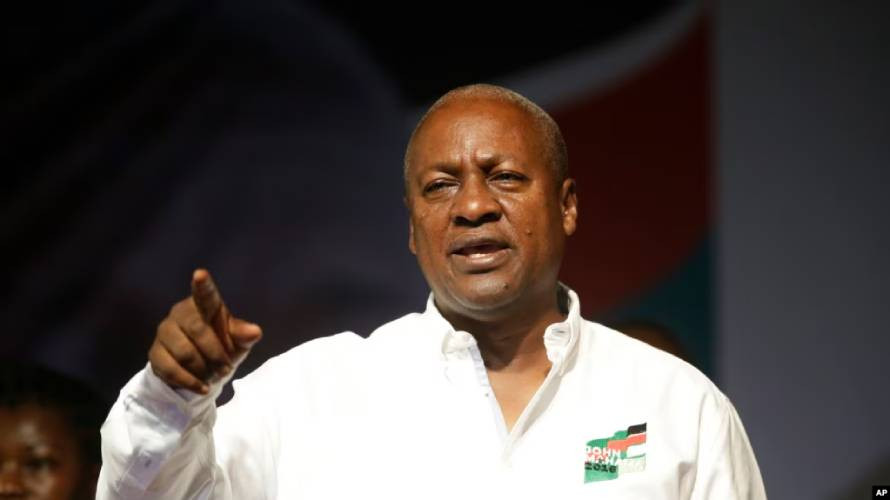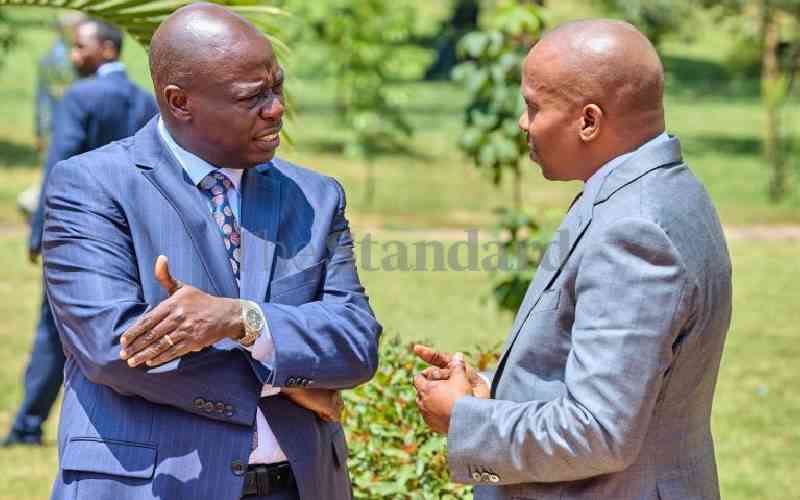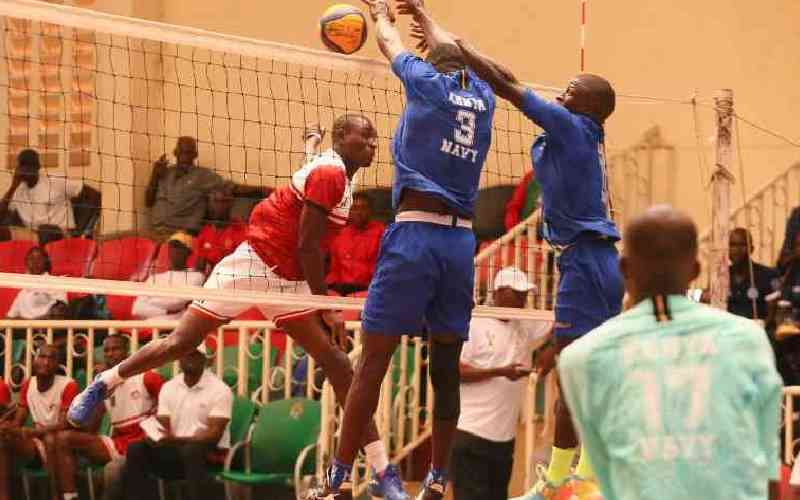Anxiety has gripped parents as schools reopen on Monday and institution managers insist on full payment of fees.
It emerged that, faced with financial pressure, schools now insist on full fee payment before learners are admitted.
The push by school heads now potentially risks frustrating examination preparations for learners, given that third term is the shortest and busiest learning period.
Schools across the country are set to reopen on Monday for the third term, the shortest in the calendar year.
The term is also the most consequential, as it will host the Kenya Certificate of Secondary Education (KCSE) examinations and the Competency-Based Curriculum (CBC) assessments.
Yet, the reopening comes under a cloud of financial strain, with institutions starved of funds and parents in some institutions ordered to clear fees in full before learners are admitted.
The government has not released capitation funds in time, leaving schools struggling to cover day-to-day operations.
Head teachers warn that without immediate disbursement, managing utilities, paying suppliers and preparing for examinations will be nearly impossible.
Willy Kuria, the Kenya Secondary Schools Heads Association(KESSHA) chairman said unless the government releases the funds when schools reopen on Monday, the institutions can barely operate as they lack the funds to function.
“How do you expect a headteacher to feed learners, pay bills and prepare for national examinations when there is literally nothing in the accounts?” Kuria questioned.
He added that boarding schools, which rely heavily on government capitation and boarding fees, are the worst hit, with suppliers cutting them off after months of unpaid debts, forcing principals into desperate improvisation.
Kuria further accused the government of gambling with the children’s lives, saying that delayed disbursements have become a normalized crisis.
“Education is a constitutional right. We cannot continue to gamble with the future of our children. The government must prioritize schools the same way it prioritizes debt repayment,” he added.
Parents are also feeling the pinch. Reports from across the country show schools instructing them to pay full fees upfront, regardless of their financial situation. With food and fuel prices still high, many households are struggling to raise the money.
Stay informed. Subscribe to our newsletter
“As we prepare to reopen for third term on Monday, we wish to remind all parents and guardians that full payment of school fees is required before learners are admitted back to class,” a notice seen by the Standard reads.
The tough stance by schools has sparked frustration, with parents’ associations warning that many students may miss the start of the term or risk being sent home during this high-stakes period.
Silas Obuhatsa, the National Parents Association(NPA) chairman, urged the government to intervene and compel schools to give parents enough time to settle their fee obligations.
They have also called on the government to release capitation before the institutions reopen.
“We hope the government will make sure that capitation funds have reached school accounts in good time to support school opening. It’s our plea to the school principals that they don’t turn children away from schools because of not having paid fees because schools are opening earlier than usual,” Obuhatsa said.
The timing could not be worse. This is the term when over 990,000 candidates will sit the KCSE examinations, while Grade 6 pupils and Junior Secondary learners undergo critical CBC assessments.
Teachers’ unions fear that financial instability could affect the administration of the exams.
Moses Nthurima, the Kenya Union of Post-Primary Education Teachers (KUPPET) assistant secretary general on Thursday warned that funding delay puts some learners at risk of fully covering the syllabus ahead of the examination and assessments.
“This is a very crucial period and disruption should be the least concern for schools. The funds should be in school before Monday so that when the institution re-opens, there will be no hiccups or delays,” Nthurima said.
He warned that disruption of teaching and learning on candidates could lead to a psychological toll.
“As they prepare for the most important tests of their academic lives, many face the prospect of being sent home or studying in underfunded environments and as teachers, we worry this stress could impact performance,” he said.
In rural areas, the situation is even more dire. Head teachers interviewed by the Sunday Standard said that they have accumulated debts with local suppliers, who are now refusing to provide food and services on credit.
This could see some boarding schools struggle to feed learners unless funds arrive in the coming days.
Despite the looming crisis, Education Cabinet Secretary Julius Ogamba has remained vague on when capitation will be released.
In past terms, the Treasury has often delayed disbursements, citing cash flow challenges.
CS Ogamba in July revealed that the government had only released partial funding for second term. He further revealed that they will release the remaining funding in third term.


